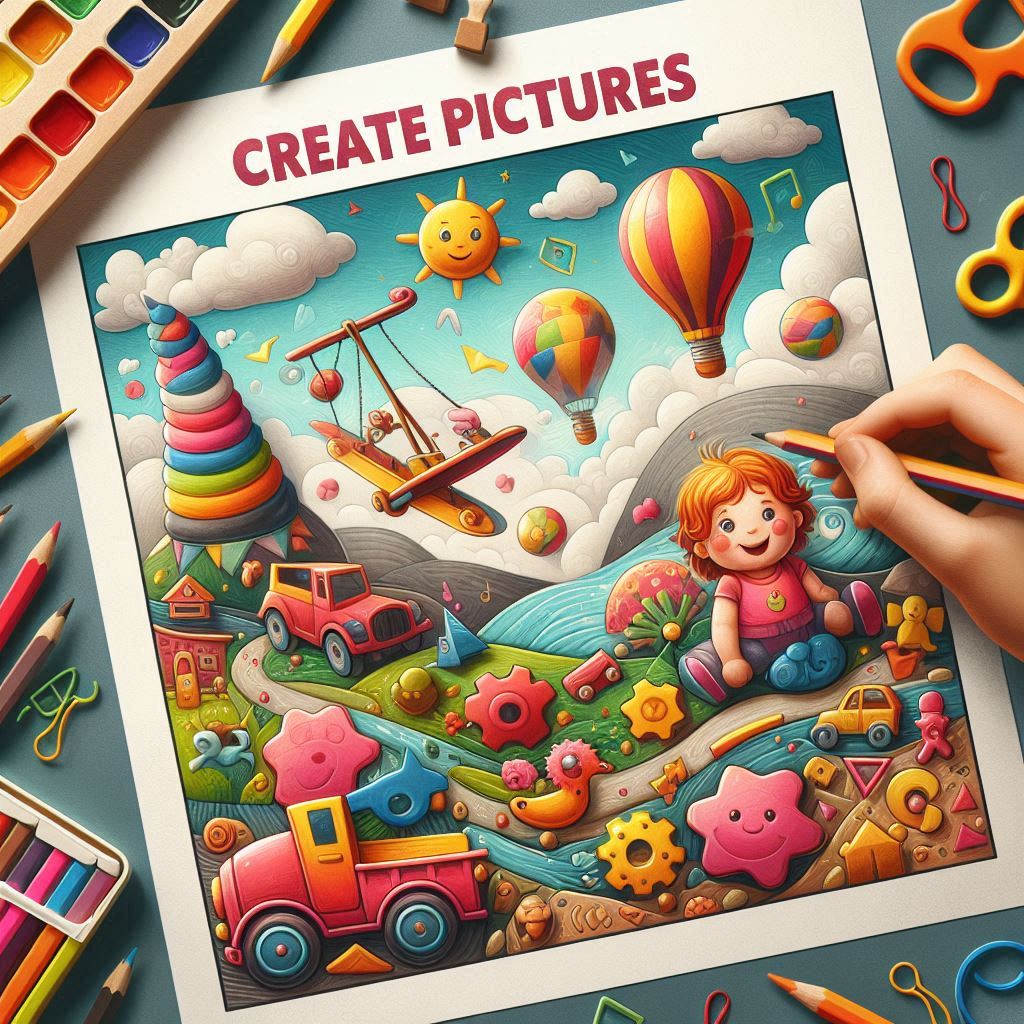
The emotional development of a child is just as crucial as their intellectual growth, and educators play a pivotal role in this journey. At Happy Baby Academy, we recognize that teachers are not only facilitators of knowledge but also mentors who significantly influence children’s emotional well-being. This article explores the essential role educators play in fostering emotional growth and the impact they have on creating a nurturing learning environment.
1. Understanding Emotional Growth
Emotional growth refers to the development of a child’s ability to understand, express, and manage their emotions. This growth is fundamental in helping children build healthy relationships, cope with challenges, and navigate social interactions. Educators are uniquely positioned to support this growth by providing guidance, encouragement, and modeling positive emotional behaviors.
a. The Importance of Emotional Intelligence
Emotional intelligence is the ability to recognize and understand one’s own emotions and those of others. It encompasses skills such as empathy, self-regulation, and social awareness. Developing emotional intelligence is crucial for success in both personal and academic realms. When educators emphasize emotional growth, they equip children with the tools they need to thrive in an increasingly complex world.
2. How Educators Foster Emotional Growth
a. Building Strong Relationships
At Happy Baby Academy, we prioritize the establishment of strong, trusting relationships between educators and students. When children feel comfortable with their teachers, they are more likely to express their feelings and seek support. Building these connections involves active listening, showing empathy, and being present in the moment, allowing students to feel valued and understood.
b. Creating a Safe and Supportive Environment
A safe learning environment is critical for emotional growth. Educators play a vital role in establishing a classroom culture that encourages open expression of feelings and thoughtful discussions. By promoting a nurturing atmosphere, teachers help children feel secure, which fosters their willingness to share their emotions and experiences.
c. Encouraging Self-Expression and Reflection
Creative activities, such as art, music, and storytelling, provide children with opportunities to express their feelings and thoughts. Educators can facilitate these expressions by encouraging children to share their creations and reflect on their emotions. At Happy Baby Academy, we incorporate a variety of activities that allow children to explore their feelings and develop their emotional vocabulary.
3. The Impact of Educators on Emotional Wellbeing
a. Helping Children Develop Coping Strategies
Educators play an essential role in teaching children coping strategies for managing their emotions. This includes helping them identify triggers, practice mindfulness, and develop problem-solving skills. By guiding children in these areas, educators enable them to respond to emotional challenges with resilience and confidence.
b. Role Modeling Emotional Intelligence
Children learn by observing the behaviors of adults. Educators who model emotional intelligence demonstrate effective communication, empathy, and conflict resolution skills. When children witness these behaviors, they are more likely to emulate them in their interactions. At Happy Baby Academy, our educators strive to embody the emotional skills they wish to impart to their students.
c. Supporting Students Through Transitions
Significant changes, such as moving to a new grade or school, can be emotionally challenging for children. Educators can provide crucial support during these transitions by offering reassurance, understanding, and guidance. By being aware of the emotional needs of their students, teachers can help ease the process and foster a sense of stability.
4. Benefits of Prioritizing Emotional Growth in Education
The focus on emotional growth in education yields numerous benefits, including:
- Improved academic performance: Emotionally intelligent children are better able to focus, set goals, and work collaboratively, leading to enhanced academic outcomes.
- Enhanced social skills: Children who develop emotional intelligence are more adept at building relationships and navigating social situations.
- Increased resilience: As children learn to manage their emotions and handle challenges, they become more resilient and better equipped to face life’s ups and downs.
Conclusion
The role of educators in fostering emotional growth is invaluable. At Happy Baby Academy, we are committed to creating an environment where emotional intelligence is prioritized alongside academic learning. By nurturing emotional growth, educators help children build a strong foundation for their future success.
Join Us!
Are you ready to support your child’s emotional development in a nurturing environment? We invite you to visit Happy Baby Academy and see how our dedicated educators prioritize emotional growth while fostering a love for learning. Subscribe to our newsletter for insights into our programs and upcoming events—we look forward to partnering with you in your child’s educational journey!